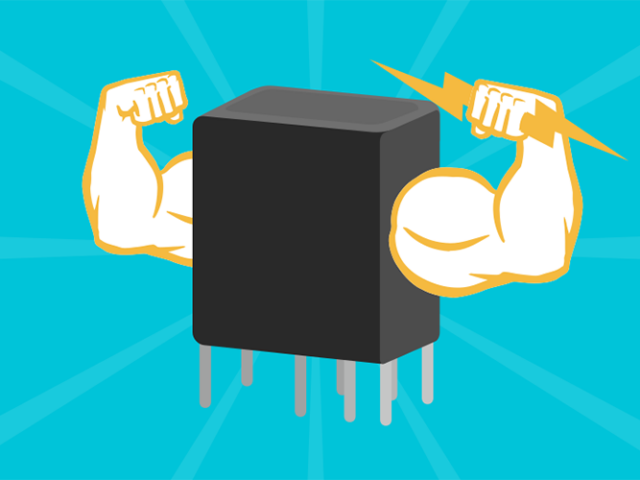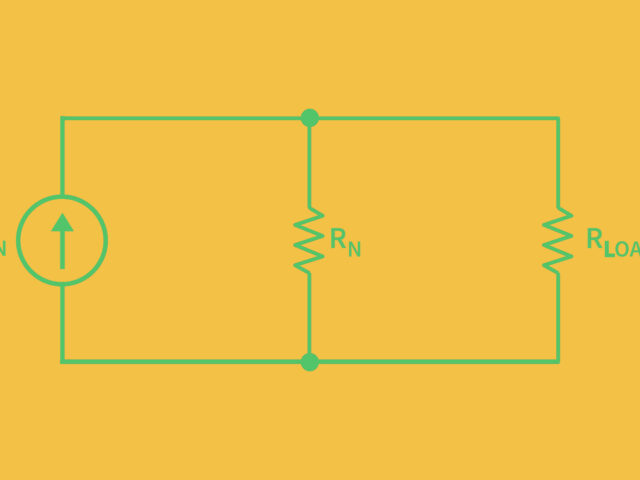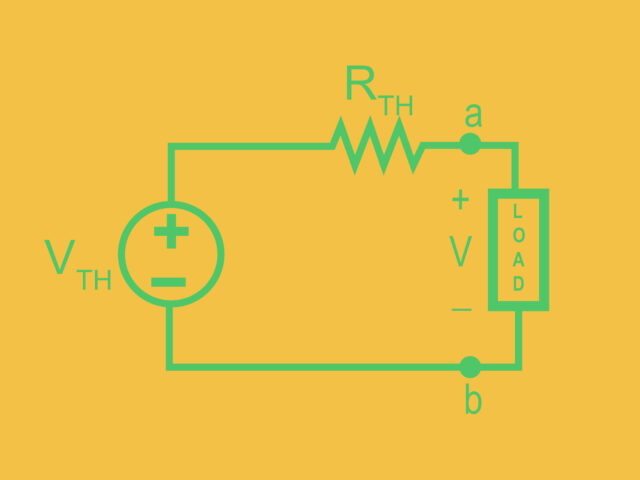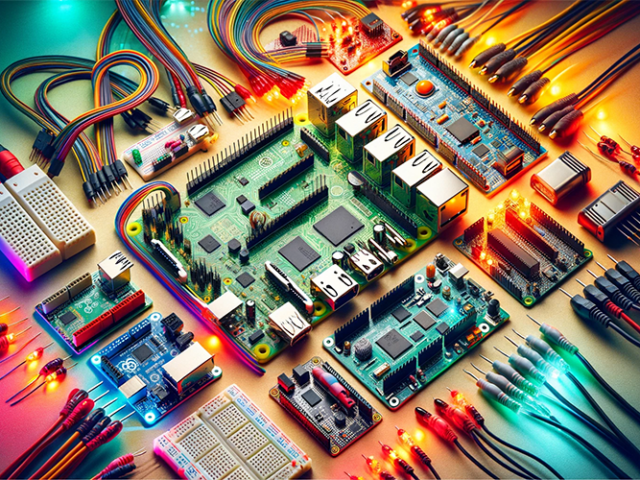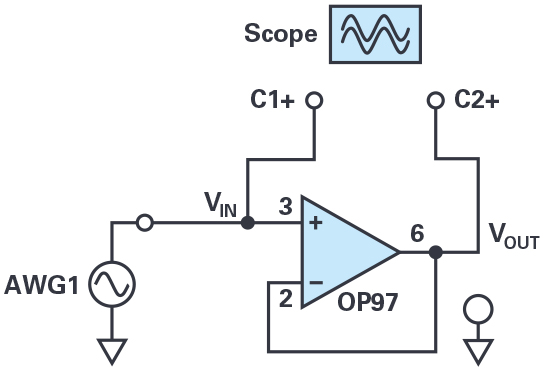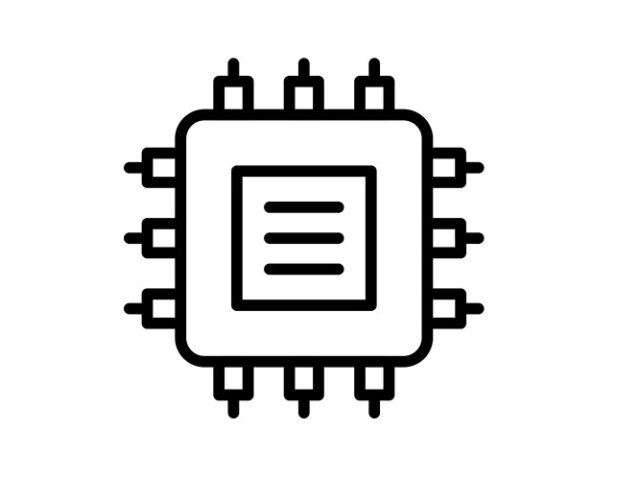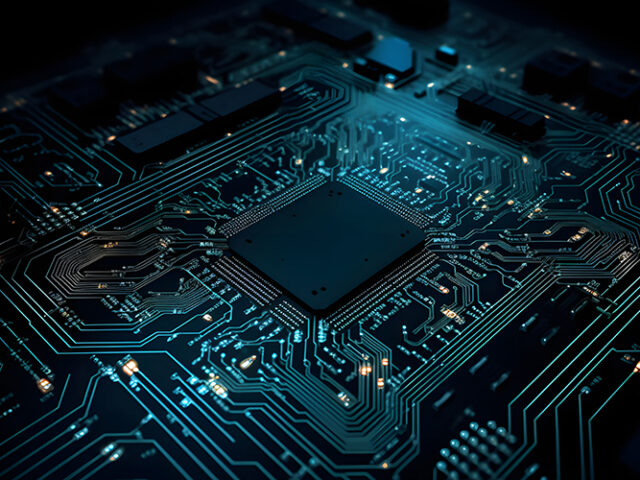Relays are basically switches that control other switches. They use a low-power signal to control a higher-power circuit. Initiating the low power signal energizes…
Category: Learning
The importance of Kirchhoff’s Laws in electrical engineering
Within electrical engineering, Kirchhoff's laws are pivotal for analysing complex circuits. Developed by Gustav Kirchhoff in the 19th century, these laws provide the tools…
What is Norton’s Theorem and the Norton Equivalent Circuit?
Explore the fundamentals of Norton's Theorem and the concept of Norton Equivalent Circuit in electrical engineering. Norton's Theorem is a fundamental principle in electrical…
What is Thevenin’s Theorem? – explanation and application
Thevenin’s Theorem stands as a pivotal concept in electrical engineering, offering a simplified method for analysing complex circuits. This theorem, named after the French…
A beginner’s guide to single-board computers
In a world increasingly driven by technology, the significance of understanding the basics of electronics and computing can't be overstated. One of the most…
Signal processing: an introductory guide
Signal processing is a fundamental aspect of electrical and electronics engineering, underpinning many of the technologies and systems we use daily. From communications to…
StudentZone activity: Simple op amps & amplifier configurations
Written by Doug Mercer, Consulting Fellow, and Antoniu Miclaus, System Applications Engineer, Analog Devices. 1.1 Simple op amps Objective In this lab we introduce…
Year 1: microcontroller engineering
Module aims Microcontrollers serve as fundamental elements in embedded systems and the Internet of Things (IoT). This unit imparts a foundational understanding of microcontroller…
Analysing semiconductor materials in microelectronics
The heart of modern microelectronics lies in the intricate and complex world of semiconductor materials. As university students venturing into the realm of electrical…
Year 3: numerical analysis
This module provides a foundational overview of numerical methods commonly employed in engineering for analysis and design tasks. Covered topics comprise: Root finding and…

